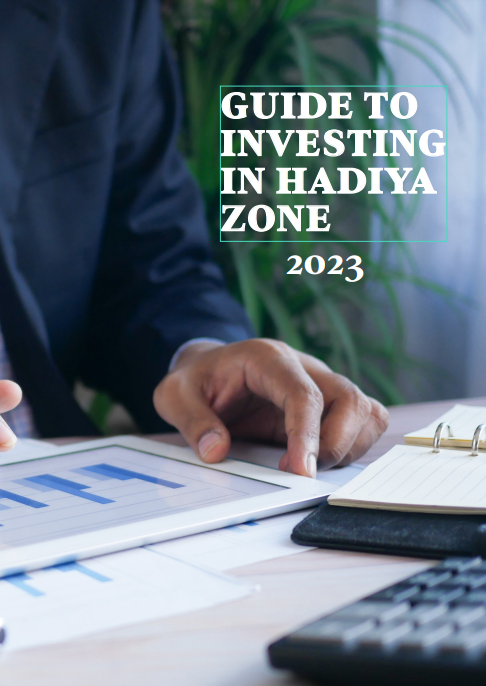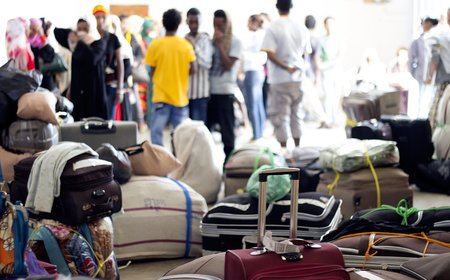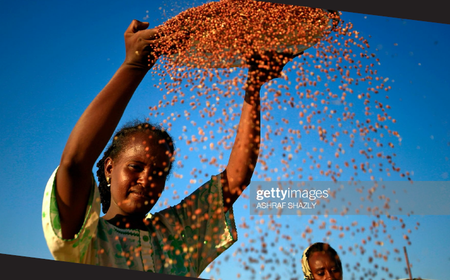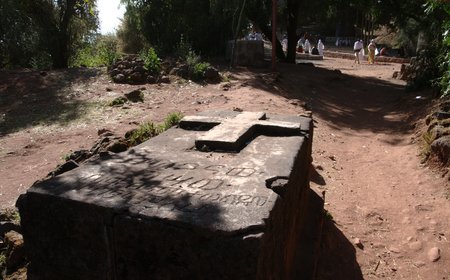Guide to investing in Hadiya zone
The excerpt below is from the "Guide to Investing in the Hadiya Zone" produced by MIDEQ Ethiopia and written by Getachew Teklemariam. The guide is part of MIDEQ's Ethiopia's Impact Intervention which focused on re-channelling remittances and investments from Ethiopian migrants in South Africa to the agricultural sector. Learn more about their work.
Background
The Hadiya Zone presents considerable opportunity for private investment. Located at the heart of the Central Ethiopia Region, the zone has diversified agro-ecology, wide ranging resource base, very young population, favourable policy environment and responsive institutions. Hadiya’s cultural value system of embracing visitors and treating them with the best possible hospitality establishes the basis for attracting capital from outside. A vibrant, ambitious and resilient young population with upbeat business acumen and connection with the outside world, particularly Southern Africa, means that investors will have access to reliable work force that maintains high productivity standards and has strong working culture.

Hadiya’s economic stronghold in agriculture, with significant arable land and water resources, makes it a fitting destination for investment in value-added agricultural production and agro-processing. Coupled with the reliable road transport links and proximity to the major city centers, including Addis Ababa, the agricultural development potential of the zone makes is a right choice for production of fruits, vegetables, spices and animal products. Well-developed urban economy in the zone as well as in proximate localities also means that there is also sizable market opportunity closely. The fact that Hadiya was once named as “Little Canada” for its premium wheat production capacity tells a lot about its wheat production potential.
On the other hand, a booming service sector in the zone, including in the zonal capital, Hosanna, also provides opportunities for economic agglomeration. Hosanna has been a rapidly growing economic hub with expanding commercial, trade, finance and transportation activities that link urban economic activities with rural undertakings. Hence, investors do have the opportunity to diversify their portfolio. A solid base of investors, traders and businesspeople in Hosanna also present the platforms to network, partner and collaborate with. The recognition by the zonal administration of the role of the private sector in bringing growth to the local economy means shows clear policy intent.
Hadiya also brings reliable stability to investors. A strong culture of harmony and traditional conflict resolution systems pave the ground for stability. Hence, the zone is fitting for long-term investments in productive sectors. The Hadiya community is known for protecting investments made in their locality as their own. There is a strong sentiment that what is beneficial to the community is beneficial to individuals. And individuals, as members of the community, are expected to see the bigger picture and prioritize the communal against the individual. As such, investors feel secured and integrated, while their establishments, regardless of the sector, will be treated as assets of the community. Hadiya is home to people from multiple ethnic background, working and living in peace, harmony and growing together.
Of course, investing is all about taking calculated risks. What makes Hadiya a preferred place to invest is that business risks are often identifiable and most can be mitigated. Investing is also understanding the gaps in the market and catering tailored solutions to fill the gaps. In this regard, the markets in Hadiya present gaps that can easily be tapped by investors and sizeable returns could be obtained from doing so. In a range of areas, from trading to manufacturing, from construction to services, Hadiya presents tremendous opportunities for both portfolio as well as patient capital.
Migrants from Hadiya, especially in South Africa, can bridge the essential global connection that local economies often crave for. This connection is not only a source of finance, in the form of remittances and investment inflows, but also a channel for technology transfer, exchange of management know-how, linking with global value chains and partnerships. Hence, by investing in Hadiya Zone, investors can easily tap into the huge purchasing power, investment and other capabilities that migrants could bring to the local economy. As migrants maintain strong link with their families in the zone, then, they can serve as important channels of marketing and sells.
A visionary zonal leadership that foresees to tap into the varying capabilities of the Hadiya economy in the zone, other parts of the country and all around the world also means that investors do have the necessary support system available at zonal level that eases the translation of their projects into reality. The leadership believes that its primary objective is improving the livelihood of the community by creating opportunities for job creation, and ensuring enhanced access to basic services. As its principle, the zonal leadership follows a participatory development planning approach wherein the community, the private sector and other stakeholders get involved in all phases of the development. Instilling a responsive public sector that serves the interests of the community at large is also the primary objective for the leadership.
Outlined in this investment guide is, therefore, the basic grounds for investing in Hadiya Zone, available opportunities, what to know in investing in the zone and crucial contacts that can cater to the various needs of investors. This investment guide is a framework through which new as well as existing investors could see the zone through. It may not provide all the details needed for investors, since that will be determined by sector of engagement, capital outlay and exact location, but the guide provides essential information on a range of investment considerations.



